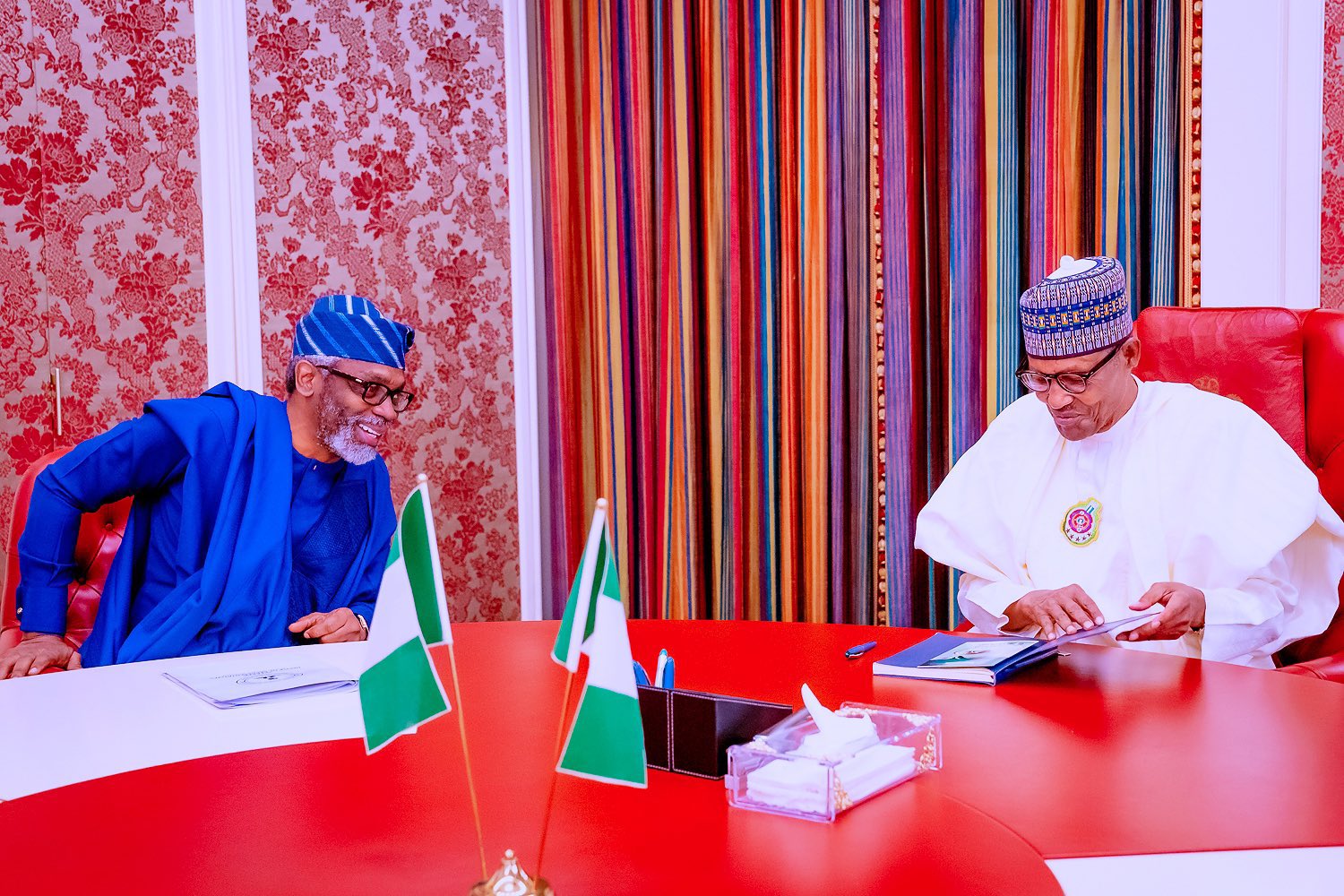The BRICS + summit in Brazil raises the banner of multilateralism - Agenzia Fides
by Cosimo Graziani
Rio de Janeiro (Agenzia Fides) - On July 6 and 7, the annual summit of the so-called BRICS countries took place in Rio de Janeiro. This forum of states was founded in 2009 and has grown in recent years to include eleven countries: Brazil, Russia, India, China, South Africa, Saudi Arabia, Egypt, the United Arab Emirates, Ethiopia, Indonesia, and Iran. This year's meeting was preceded by a series of events that affected its members and fueled expectations about its implementation, most notably the brief conflict between Israel and Iran, in which the United States intervened on the side of the Jewish state. However, expectations of a clear stance on this and other issues were dashed. The geopolitical actor that best took advantage of the international visibility associated with the summit was the host country, Brazil, which organized events such as the G20 summit last year, assumed the presidency of MERCOSUR, and will host the next UN climate conference. This series of events, which also included the organization of the BRICS Summit, enabled the Brazilian government to reaffirm its international stance in favor of multilateralism. Multilateralism was also the first topic addressed by Brazilian President Lula in his introductory speech. Luiz Inàcio Lula da Silva specifically criticized the threat to the progress made in recent years by organizations such as the United Nations. The Brazilian president explicitly mentioned the setbacks on issues such as climate and trade, in the latter case a not-so-disguised allusion to Donald Trump's tariff policy.
The topics of multilateralism and tariffs were mentioned in the summit's final declaration, along with health, artificial intelligence, climate change, and the promotion of peace and security. Criticism was also directed at Israel's actions in the Middle East and the catastrophic humanitarian situation in the Gaza Strip. These accusations were also extended to the 5% increase in military spending ordered by NATO countries: Lula particularly criticized the lack of investment for peace. At the same time, little was said about the war in Ukraine. What caused a stir during the summit was the absence of Russian President Vladimir Putin and Chinese President Xi Jinping: the former likely to avoid embarrassing Brazil in connection with the international arrest warrant issued against the Russian president by the International Criminal Court; the latter officially had other concurrent commitments. Analysts' eyes were on the summit because of its increasing importance for the so-called Global South. The organization now represents a large portion of the world's population and an equally large share of global GDP—37% to be precise. The decisions of this group clarify whether and how the Global South will be able to exert a similar importance in global governance as the G7 countries, or even replace the G20 summit in its importance, the only forum that currently offers countries in this category the opportunity to gain visibility and significance in global scenarios. Compared to the G20, the BRICS forum is composed exclusively of countries that seek to relativize the influence of Western and developed countries. Whether this succeeds will depend on whether the member countries manage to negotiate common positions on key issues and achieve some form of political or economic integration. Regarding the latter, all BRICS members agree in proposing and advocating de-dollarization and the replacement of the US dollar with individual states' currencies in trade transactions.
The problem is that not everyone is ready for this transition, which would mean distancing themselves from Washington: countries like Russia and China are strongly in favor of it, while others like Saudi Arabia, due to their ongoing relations with Washington, do not accept such a prospect. It remains to be seen, therefore, whether US President Trump's threats to impose tariffs on the group's countries as they move away from the dollar will become reality. If so, the reactions of individual states to such a threat will be a true test of their loyalty to the group. Overall, it can be said that the results of the summit were mixed and that the only country that stood out somewhat more was Brazil as the organizer, because it was able to promote the main points of its foreign policy, starting with the call for multilateralism. It is premature to say that the group does not have what it takes to become an alternative to the West. However, many analysts believe that the overly diverse interests of its members will hinder the organization's development. Nevertheless, it should be noted that the BRICS members have reached their 17th summit and that a "hard core" has emerged within the organization, in which Russia and China play a key role in finding an alternative approach to the world's problems, different from that of the ruling groups in many Western countries. All these elements indicate that the path toward an organization of the Global South could gain weight in international relations and surpass the role played by the G20 so far. (Agenzia Fides, 16/7/2025)
You may also like...
Diddy's Legal Troubles & Racketeering Trial

Music mogul Sean 'Diddy' Combs was acquitted of sex trafficking and racketeering charges but convicted on transportation...
Thomas Partey Faces Rape & Sexual Assault Charges

Former Arsenal midfielder Thomas Partey has been formally charged with multiple counts of rape and sexual assault by UK ...
Nigeria Universities Changes Admission Policies

JAMB has clarified its admission policies, rectifying a student's status, reiterating the necessity of its Central Admis...
Ghana's Economic Reforms & Gold Sector Initiatives

Ghana is undertaking a comprehensive economic overhaul with President John Dramani Mahama's 24-Hour Economy and Accelera...
WAFCON 2024 African Women's Football Tournament

The 2024 Women's Africa Cup of Nations opened with thrilling matches, seeing Nigeria's Super Falcons secure a dominant 3...
Emergence & Dynamics of Nigeria's ADC Coalition

A new opposition coalition, led by the African Democratic Congress (ADC), is emerging to challenge President Bola Ahmed ...
Demise of Olubadan of Ibadanland
Oba Owolabi Olakulehin, the 43rd Olubadan of Ibadanland, has died at 90, concluding a life of distinguished service in t...
Death of Nigerian Goalkeeping Legend Peter Rufai

Nigerian football mourns the death of legendary Super Eagles goalkeeper Peter Rufai, who passed away at 61. Known as 'Do...



